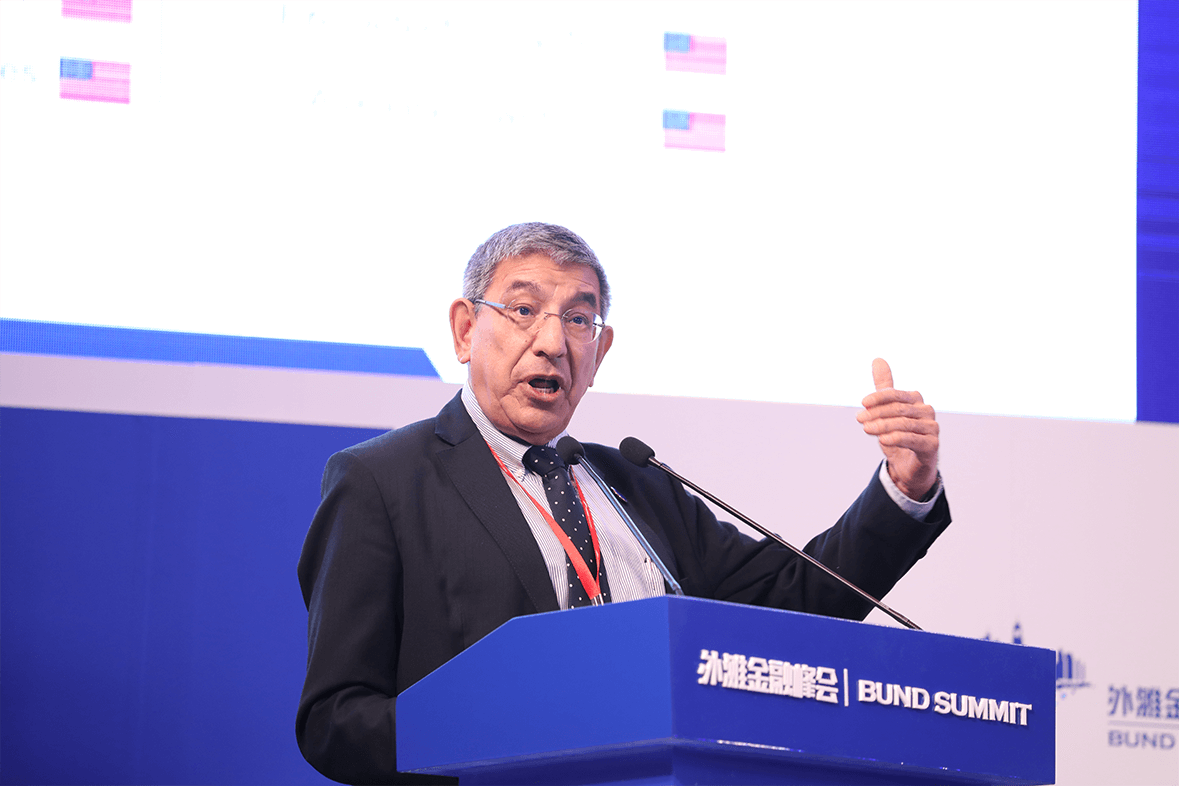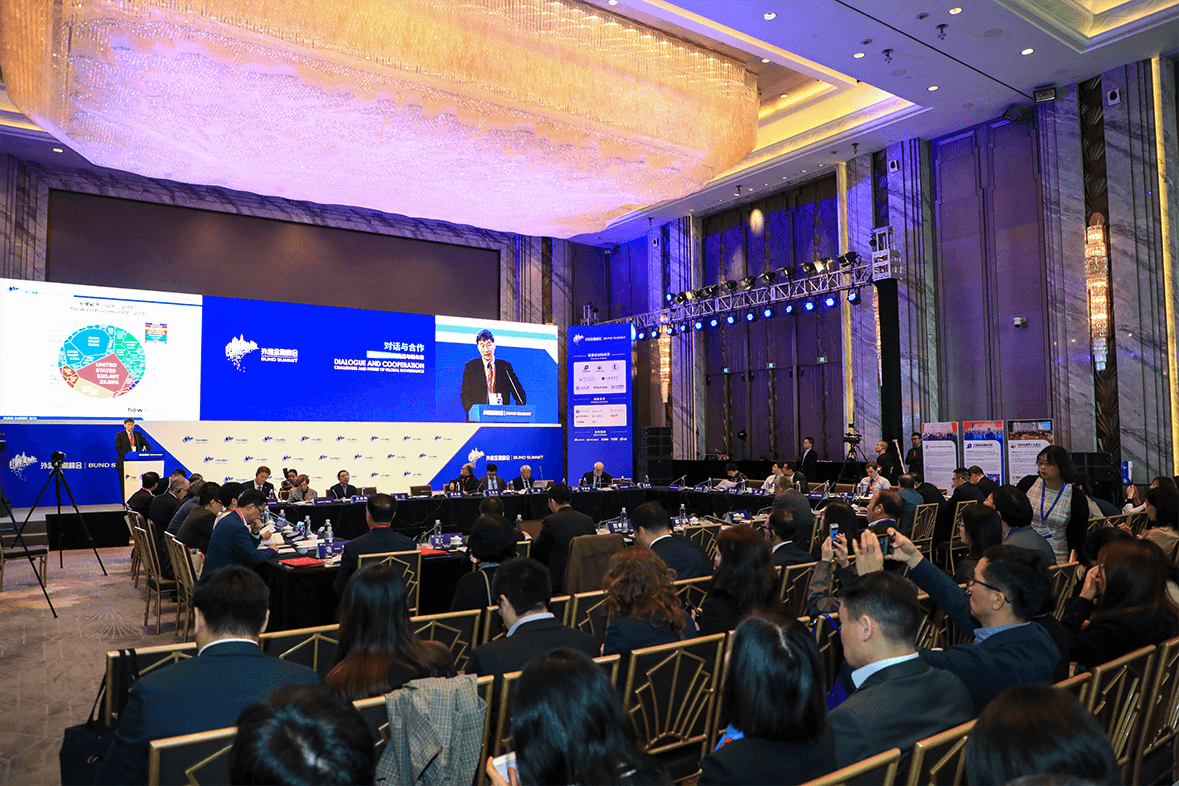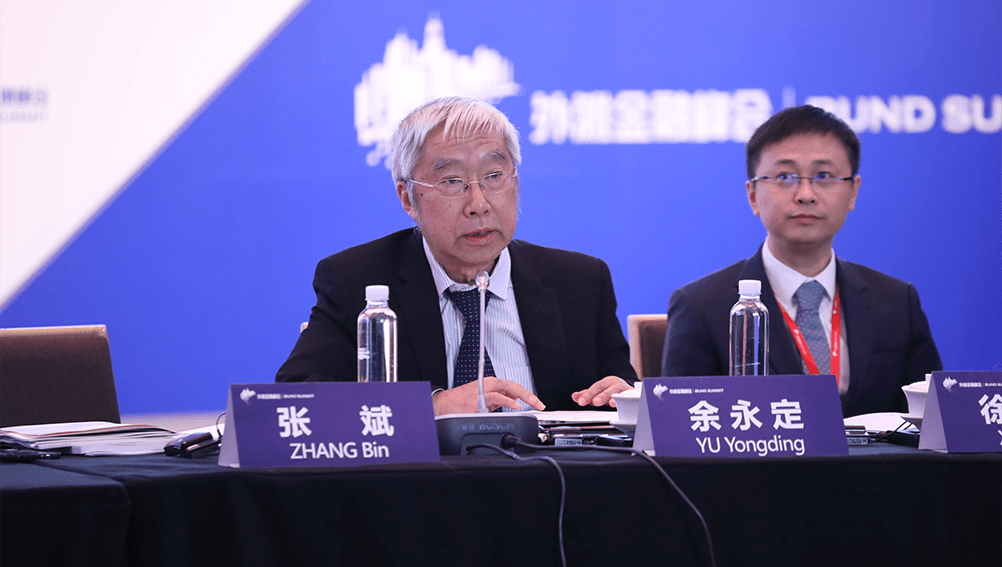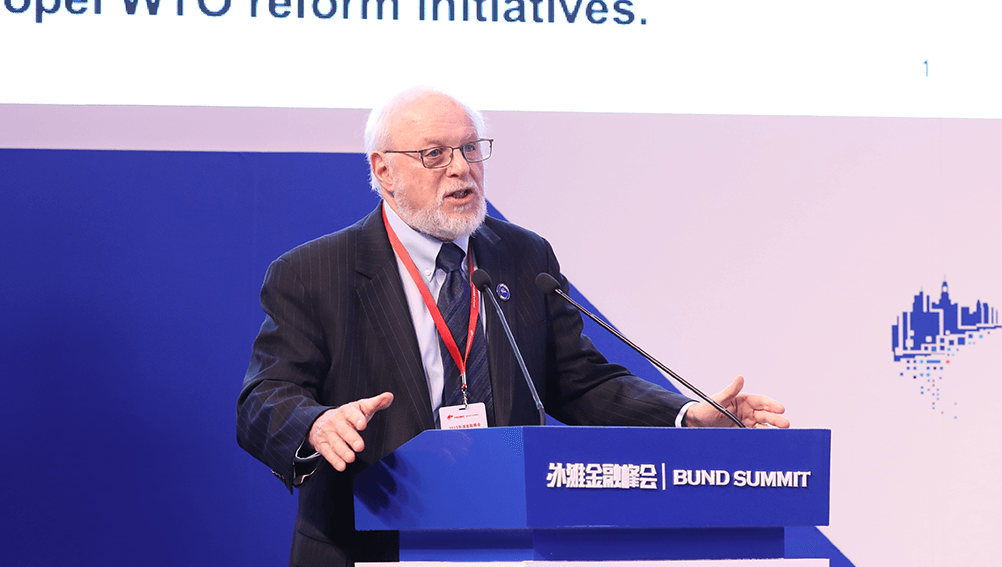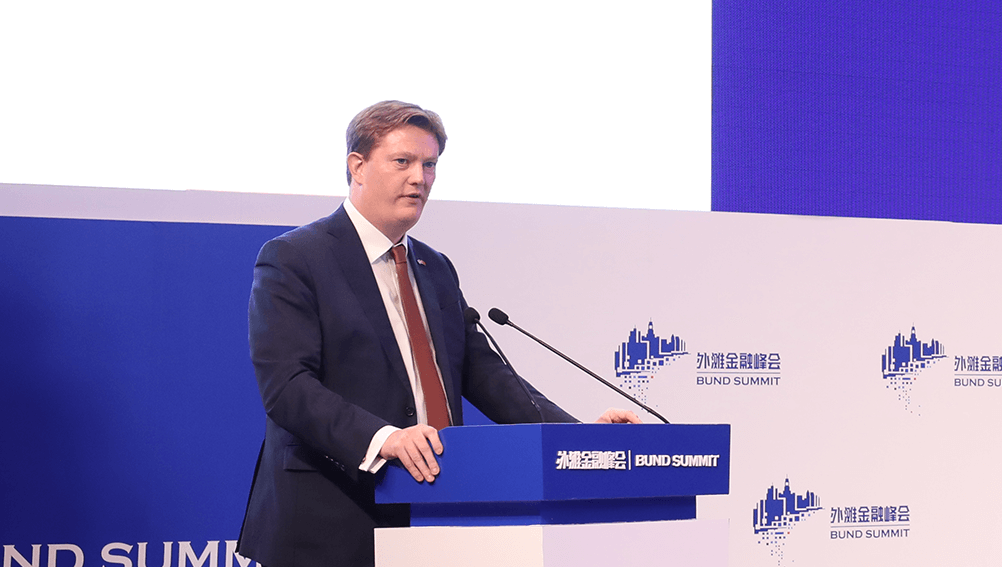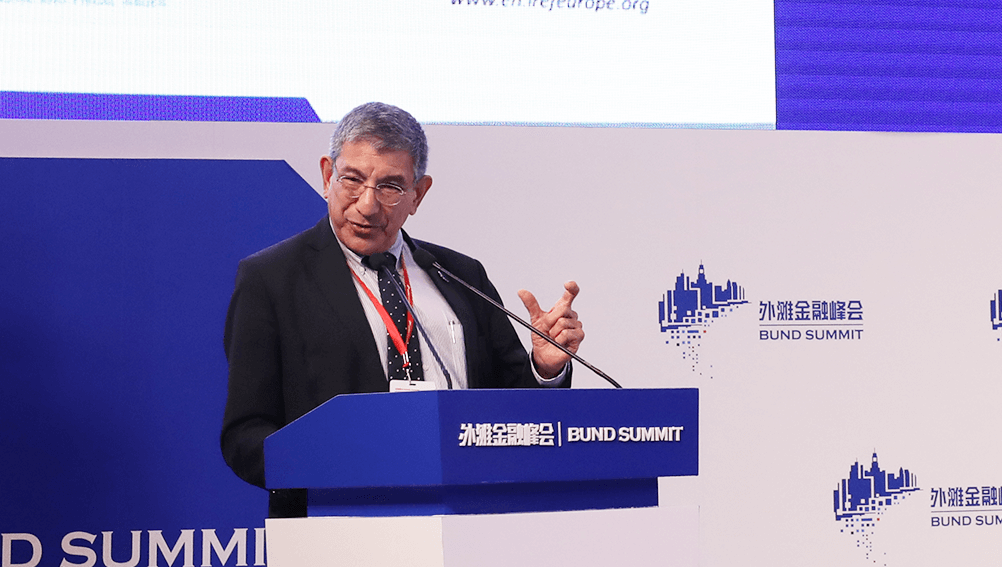

The gradually escalating trade friction has brought tremendous loss at the national and individual levels, a lot of measures are to be expected, especially constructive policies, to ease the current tensions. There are several key areas for Chinese economic reform in the next phase, including continued removal and elimination of equity caps on foreign investments in services and manufacturing and accord national treatment to foreign-owned firms. In terms of SOE reforms, Schott listed some measures such as reducing barriers to entry for productive private firms to promote competition with SOEs, encouraging market-oriented mergers and acquisitions, and further financial market reform to achieve more efficient allocation of funds. Together, these economic reforms could boost Chinese productivity growth, and help reconcile China-US differences.
Jeff SCHOTT
Senior Fellow, Peterson Institute for International Economics

The large gap in return and risk between domestic and international capital markets brings huge pressure and risk to the opening up of the capital account, which is a must for the modernization and globalization of China’s economy and financial system.Given the current circumstances, we should start with the secondary market as a main channel of capital account opening up, and focus on global allocation of household capital by introducing investment products through marketization channels such as CDR, ETF, swaps and etc., and thus returning foreign exchange reserve back to citizens.
WANG Jiang
Mizuho Financial Group Professor and a Professor of Finance at the MIT Sloan School of Management

China’s overseas investment and financing have three major stages. At the early stage, overseas investment and financing focused on commodities and resources; at the second stage, China’s overseas investment was characterized by export of productive capacities and products; while at the third stage, infrastructure financing has become the main trend.
ZHANG Xuguang
Vice president of China Development Bank

Both countries face declining growth forecasts and are adversely affected by ongoing bilateral trade friction. A resolution to current trade differences will be beneficiary to both countries, as well as the rest of the world. Both countries should reactivate the regular and high-level meetings; establish joint working group to come with plans and strategies for potential solutions to specific differences that exist now and those that could exist in the future; and modernize WTO to better service the newly emerged challenges.
Carla A. HILLS
Former United States Trade Representative

The growing inequality, technology advancement, labor market challenges and climate change concerns, have collectively contributed to the social unrest, mistrust in government, economic uncertainty, rise of populism and isolationism and protectionism in the current world. Besides, economic governance nowadays is displaying heterogeneous characteristics, and issues facing different governments are too important to leave to governments alone; stakeholder consultation and public-private partnerships are key.
Jonathan FRIED
Coordinator, International Economic Relations, Global Affairs Canada Personal Representative of the Prime Minister of Canada for the G20









